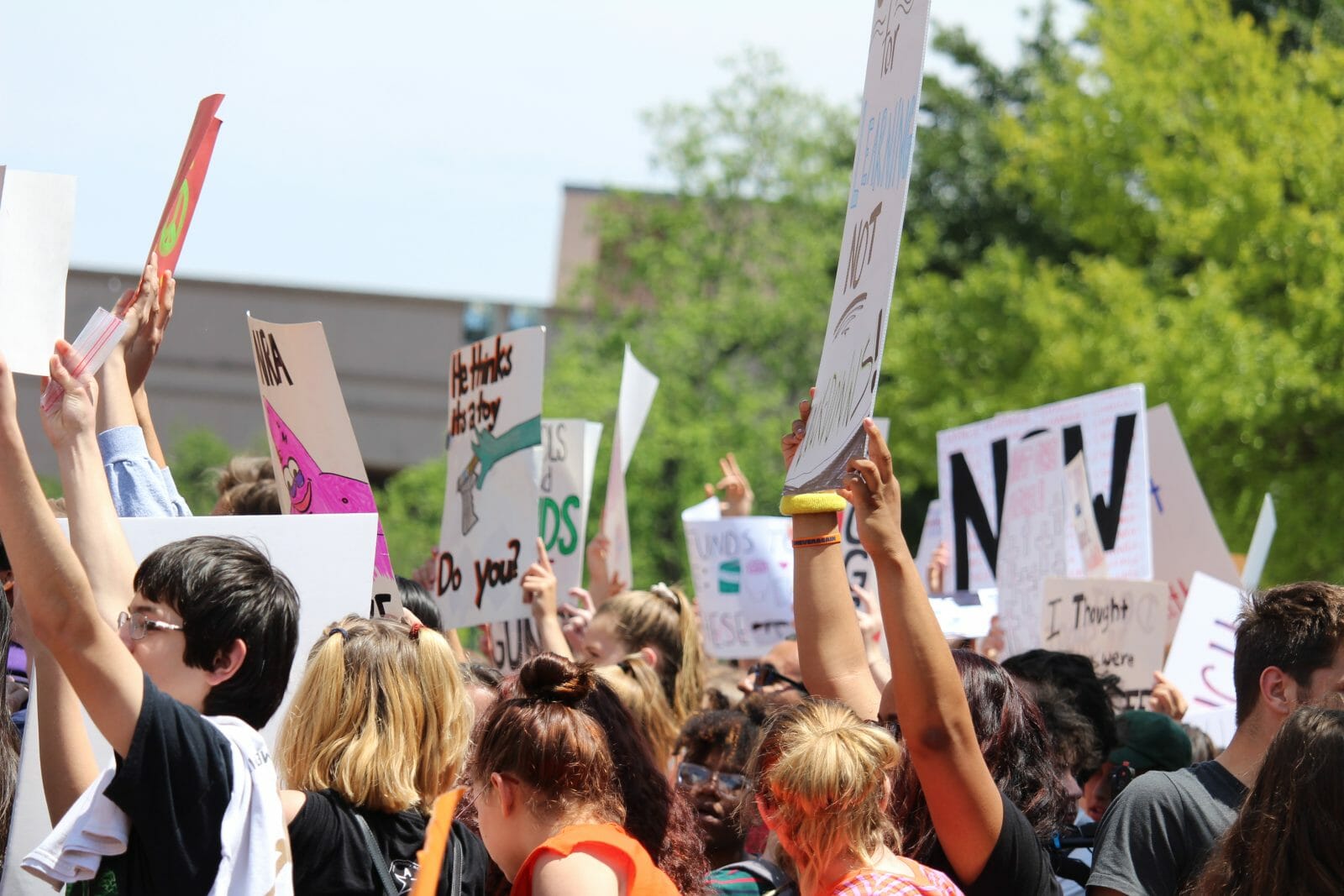Listen.Learn.

Daily Point of Light honoree and Points of Light Youth Network member Sage Hirschfeld talks about why listening and learning is important both for youth and adults.
Listening is one of our world’s most underrated skills. It has the power to expand your worldview and drastically improve your relationships. I implore you to take a moment and imagine what our world would look like if people genuinely listened to each other and put effort into learning about other people’s perspectives, logic and reasoning for their beliefs and actions. That world seems pretty nice, right? It’s also pretty different from the one we live in now.
Why is that? Why do we live in a world where we don’t listen to each other?
Taking the first step to listen is hard. Sometimes we hear things that hurt, either because they include stories of pain and abuse or because they call into question things we previously believed. Sometimes when we listen, we hear things that just don’t make sense in our heads and it takes us time to understand. That can feel really frustrating.
But humans do things that are hard and frustrating all the time (shout out to taxes and physics homework), so what makes listening and learning so different?
The reason we don’t live in a more listening world is because we haven’t built up the stamina for it.

Listening and learning are processes that take time and struggle and that’s not what our society values. Our society has taught us to appreciate what’s fast, easy, and convenient. That’s how we like our food, our social media and even our information. With the polarization of news sources, the information we’re given is filtered based on what will be the most convenient truth for our consumption rather than based on what’s actually happening.
Over time this erodes our ability to tolerate the discomfort that comes from absorbing information that might make us pause. This process involves considering how this information fits into our worldview and whether we need to re-evaluate some of our previously held beliefs. Our listening and learning muscles atrophy and we’re left with very little stamina for perspectives or information that don’t fit neatly into our expectations.
On top of this, our society normalizes that lack of stamina. In America, it’s common to write someone off completely when they have an opinion that differs from yours. Even in our highest levels of government we see this happening. That’s not normal! But we’re so used to it that we’re more surprised to hear about a bipartisan piece of legislation being passed than we are about our government literally shutting down when members of congress refuse to listen to each other.
So what can we do about this?
For the past few months, I’ve been co-facilitating an eight-week virtual seminar on reproductive justice. I’ve watched our multi-generational group take in a curriculum full of stories of injustices that were hard to listen to and perspectives that were so different from their own that it took time and some serious mental legwork to comprehend.
But still, week after week, people kept showing up.
We sat in the discomfort of hard truths and waded through discussions where we felt uncertain. People would ask questions, share stories, make mistakes and then forgive each other (and themselves) for these mistakes. At times it was hard but no one shied away. Or if they did at first, they returned each week to try again.
The secret was that we didn’t pretend it would be easy.
Once we got past that, we were able to go into the struggle together. And that made all the difference.
Once we understand that listening isn’t easy, we’re more forgiving of mistakes, we’re more receptive to the time it takes and we’re more resilient in the messy reality of the learning process.
The key to a more listening world is to see it realistically: a place where there are just as many misunderstandings and mistakes as there are now, but instead of taking them as a sign to jump ship and stop trying, seeing them as signs that we’re not done learning yet, that we need to listen a little harder.
I don’t know exactly how to get to that world. But if I had to guess, I would start with listening. Today, tomorrow, and every day after that.
To read more about listening and learning, download the latest issue of Civic Life Today.
